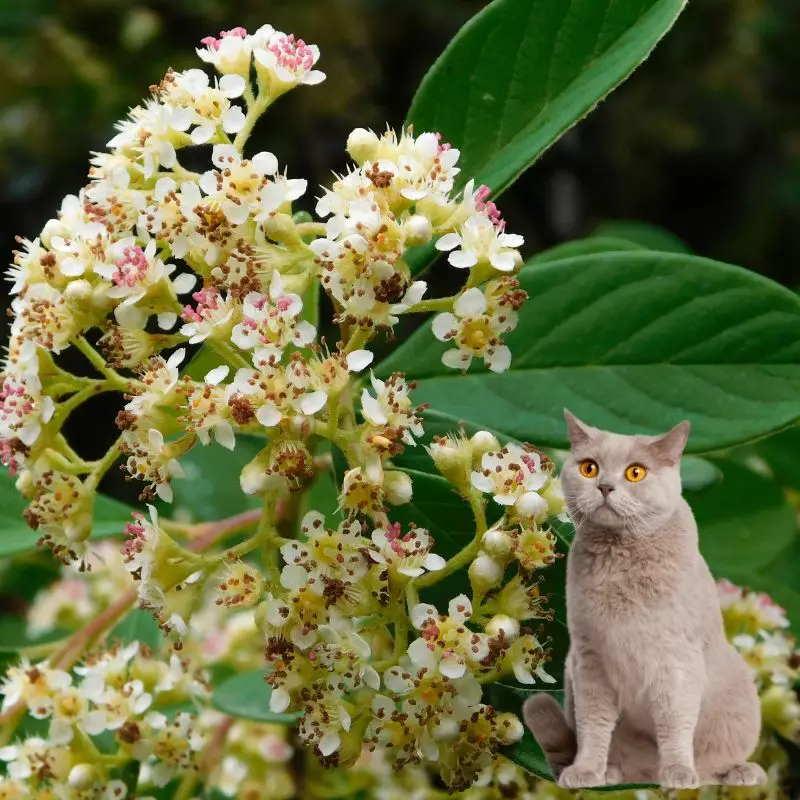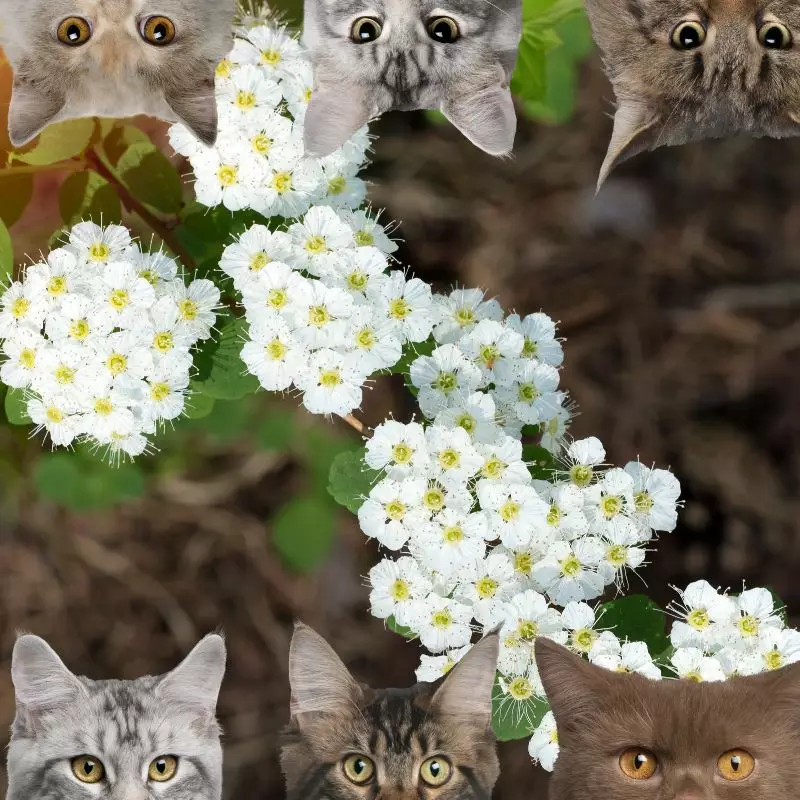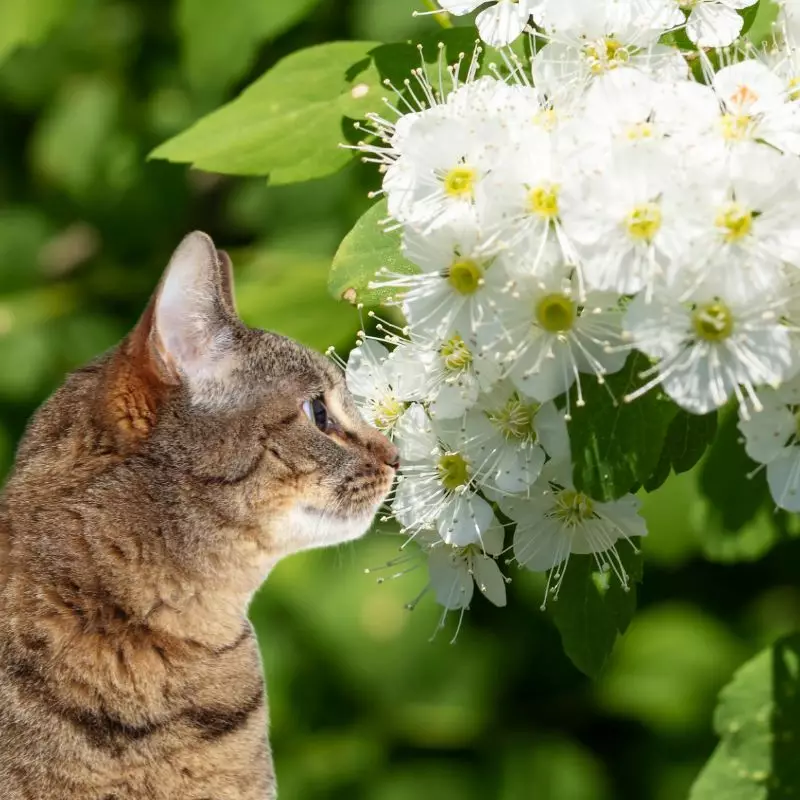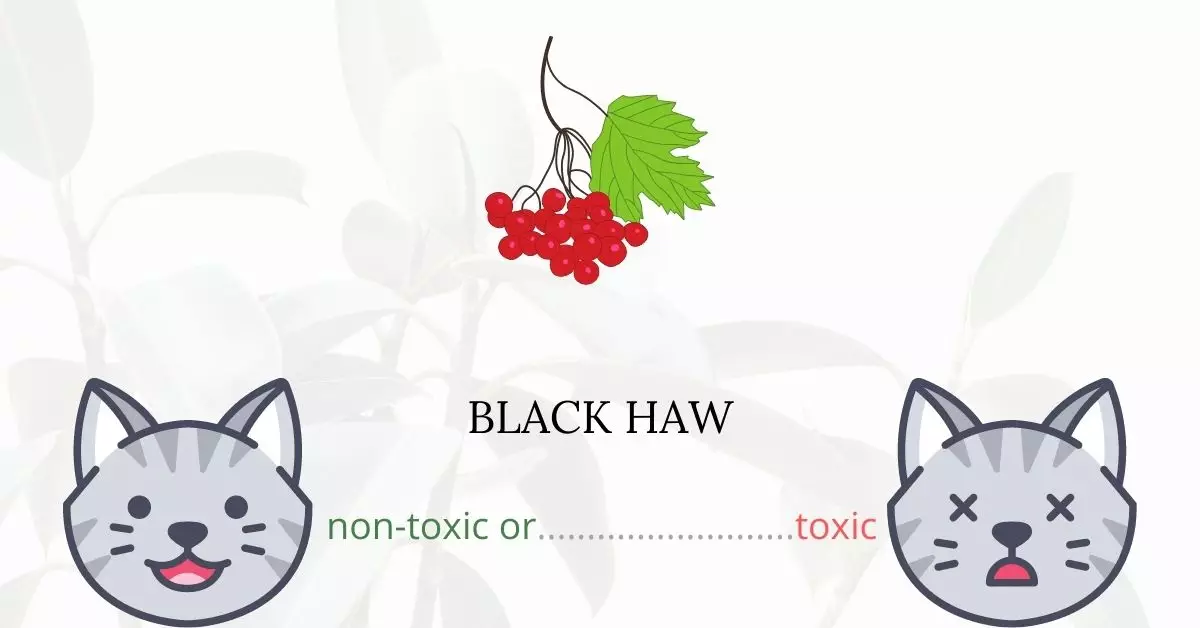The Black Haw plant is generally considered non-toxic for cats, offering a straightforward answer to the concerns of many pet owners.
This article has been crafted in close collaboration with a team of experienced Doctors of Veterinary Medicine (DVMs), whose invaluable insights ensure the accuracy and reliability of the information provided on the potential risks that various plants, like Black Haw, can pose to cats. Their extensive knowledge and expertise, coupled with meticulous research on high-authority websites such as the ASPCA and PetMD, reinforce the credibility of our findings, establishing a comprehensive and up-to-date resource for pet owners seeking guidance on the impacts of various plants on their feline friends.
In alignment with the information provided by the American Society for the Prevention of Cruelty to Animals (ASPCA), Black Haw is also classified as non-toxic for dogs and horses, promoting a safe environment for our diverse range of pets.
Can Cats Eat Black Haw?

Cats can eat small portions of black haw without suffering from any illnesses. However, because cats are naturally meat-eaters, it is still not advisable to feed black haw to your cats regularly.
Cats may get stomach issues if they consume any form of a plant on a regular basis. Their bodies lack the enzymes required to digest plant nutrition since they are carnivorous by nature. You should still keep your cat away from plants, especially outside.
What is Black Haw?

Black haw is botanically known as Viburnum lentago. Cowberry, Nannyberry, Nanny Plum, Sheepberry, Sweetberry, Sweet Viburnum, Tea Plant, and Wild Raisin. are the other common names of black haw.
Black haw is a natural, suckering shrub that may thrive in a variety of environments. It is most frequent in damp regions with rich loam to clay-loam soil, such as low woodlands, swamp borders, or near stream banks, although it may also be found in drier locations. Although it is shade-tolerant, it grows to a bigger size in more open locations. It may be cultivated as a shrub or a small tree. Creamy white blossoms in the spring are stunning, as are the edible fruits in the fall.
This Caprifoliaceae species are indigenous to North America. It grows in damp soil near woodland boundaries, typically in fence corners and along roadsides. The black haw fruit is edible. Its bark and leaves were used by Native Americans to make herbal remedies.
It is praised for its compact growth habit, shiny leaves that insects seldom disfigure, attractive and numerous blooms, handsome edible fruit, and magnificent fall color. It rapidly adapts to cultivation and is one of the best tiny trees in eastern America for decorating parks and gardens.
Keeping Cats Away From Black Haw

Cats who enjoy being outside are more likely to come into touch with black haw and other potentially toxic plants.
Keeping your cats nourished and amused indoors reduces the chances that they may stray and devour plants outside due to starvation or boredom.
You may also restrict their outside access and keep them indoors as much as possible so you can keep an eye on them.
Plants to Avoid For Your Cats
If you are a cat owner and unsure if the plants growing in your yard are harmful to your cats, check out this list of toxic plants for cats. You can also check our list of non-toxic plants for cats.





